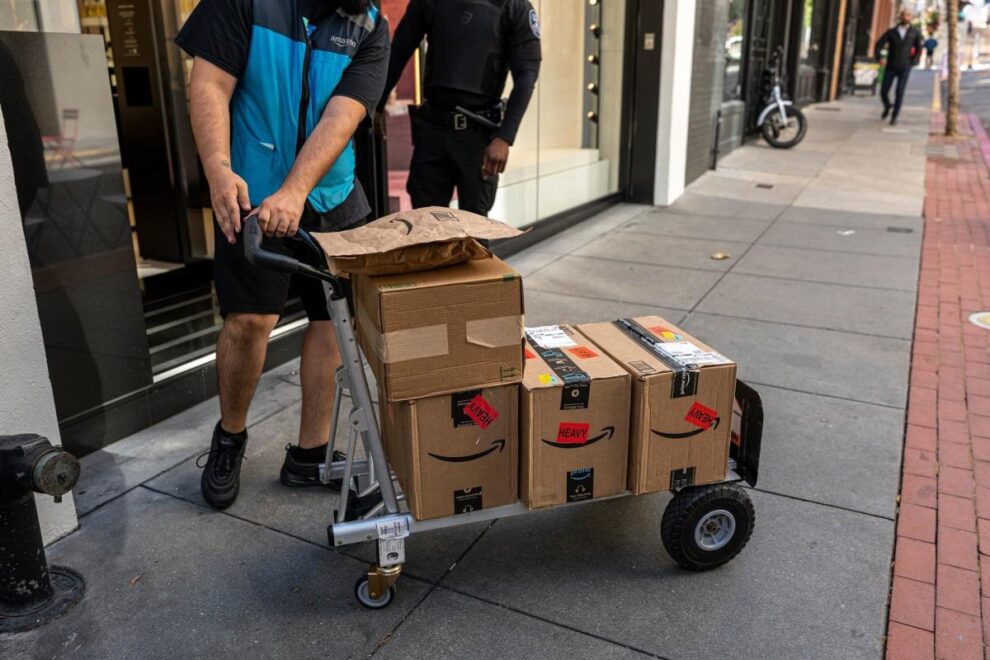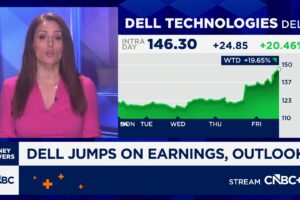
(Bloomberg) — Amazon.com Inc. shoppers are largely skipping pricey purchases during the company’s Prime sale sequel — favoring pantry items and affordable gifts over big-ticket items like televisions and laptops.
Most Read from Bloomberg
The average order size as of 1 p.m. in New York Wednesday was $46.44, down 23% from the “Prime Day” sale in July, according to Numerator, which based its most recent data on 19,512 orders from nearly 9,500 households.
The two-day “Prime Early Access Sale,” which began Tuesday, also has been generating softer sales than the summer event, according to Klover, a research firm that uses real-time spending data from 3 million US shoppers.
This is the first time Amazon has held two Prime-focused sales in the same year, suggesting that the company was looking to give customers a reason to splurge during what many analysts expect to be a lackluster holiday shopping season.
Consumers are grappling with the loftiest inflation in some 40 years and many are planning to curb their spending. US online spending in November and December will grow just 2.5% this year to $209.7 billion, according to Adobe Inc. That would be a big slow-down from last year’s gain of 8.6%.
Amazon’s Prime Day Sequel Fails to Boost Sales in Early Hours
Amazon launched Prime Day in 2015 to attract new subscribers who now pay $139 a year for shipping discounts, video streaming and other perks. The event helps the Seattle-based company lock in shoppers before the holidays and deepen its relationship with existing customers by offering them deals on Amazon gadgets and other goods.
There’s evidence consumers are trying to make their money go further in an inflationary environment, but it’s too soon to compare the event to the July sale, Prime chief Jamil Ghani said in an interview with Bloomberg Television.
“Everyone is feeling the pinch of inflation,” he said, adding his team was “impressed with how many Prime members are showing up, how they are engaging with the event and how they are shopping.” Ghani said customers were focusing not simply on “needs,” but on “wants,” too.
Amazon offered some compelling deals on televisions and laptops, but it wasn’t enough to persuade many shoppers to buy them, said Kristin McGrath, a shopping expert at the deal-tracking website BlackFriday.com.
“A lot of the TV deals were surprisingly good,” she said. “But are these the things people are looking to buy if they’re worried about paying for their next grocery run?”
Most Read from Bloomberg Businessweek
©2022 Bloomberg L.P.










